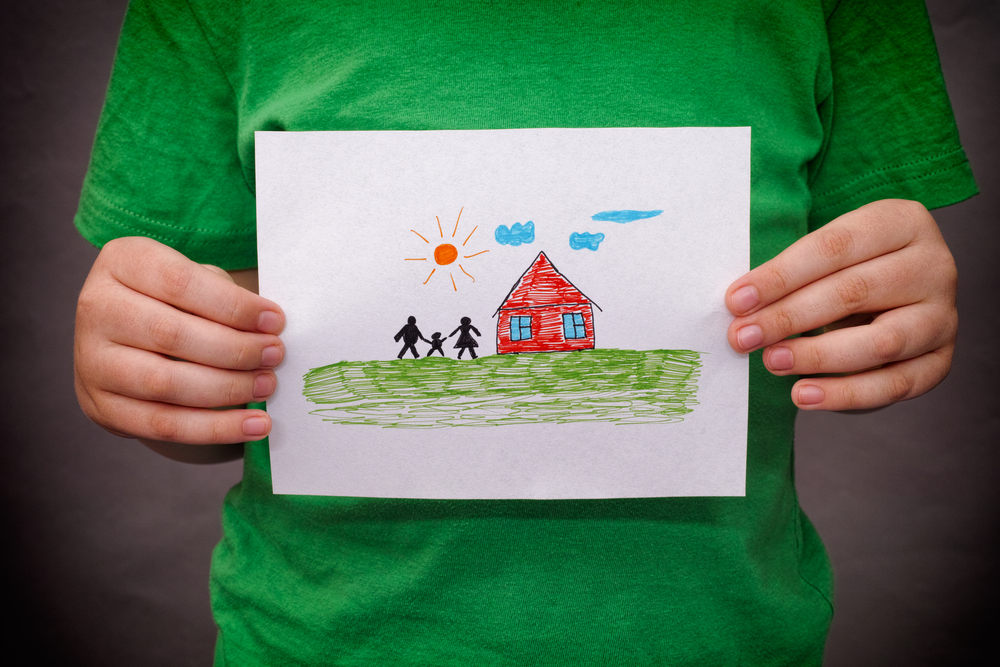
The Positive Impact Fostering Can Have On Biological Children
January 22, 2021
3 Foster Parenting Missteps And How To Avoid Them
February 19, 2021When you become a foster parent, you grow to love the children in your care. Sometimes, it can be a challenge to feel that same tenderness for the biological parents, knowing that their actions caused harm to the child or had ramifications that lead to the child’s placement in foster care. However, it is important to remember that the end goal, in most cases, is family reunification. In other words, interacting and forming a relationship with biological parents is often an essential part of the fostering process. If you are struggling with this, here are some tips for building a bridge between foster and biological parents that may help.
Look at the situation from all sides.
Have you ever heard the old idiom, in order to fully understand someone, you must walk a mile in their shoes? While this might be impossible in a literal sense, you can still try to look at the situation objectively from all sides. Parents of children in foster care often do not have extended family support. Some are dealing with financial instability and other life challenges that are difficult to overcome. Others have medical or addiction issues that they are struggling with, or maybe they have suffered their own abuse or trauma at home. As parents and role models, we encourage children to show empathy and compassion for others, and we should practice what we teach.
Don’t take it personally.
In some cases, biological parents are grateful that their children are being kept safe while they work to fix a bad situation, but often, the opposite is true. There are times when biological parents will feel resentful that another person or family is forming a relationship with their child, and they may show this by being insecure or critical during visits and interactions. You may also find some biological parents want to have little contact while others communicate regularly. Don’t take it personally. Know that as you gain confidence and a greater understanding as a foster parent, things should get easier. You can help matters by remaining calm, rational and respectful, even when that is hard to do.
Make a positive connection.
Some foster children may be missing their biological mother or father. This is only natural in cases when a parent is loving but incapable of caring for the child at the moment, regardless of your feelings about the situation. The last thing you want to do is cause more harm, so always attempt to stay positive when talking with or about biological parents. Making a positive connection means putting aside judgements or acting superior as a parent. It means being open to communication and working together to put the child’s best interest first. As a foster parent, you can have a positive impact in the life of a child in need, but your role is only a supporting one. When you take the time and effort to build a bridge between you and the child’s biological parents, you may even establish an ongoing family relationship that will continue long after reunification.
Every child needs and deserves to grow up safe and protected from abuse and neglect, and caring foster parents offer children support and stability when they need it most. At Camelot Care Centers, we specialize in higher-level foster care for children and adolescents that need extra support. We partner with our foster parents/homes to provide trauma informed care and additional services, including in-home counseling, parent support and training, tele-psychiatry, and therapeutic mentoring, to maintain children at the least restrictive, yet most appropriate level of care. Camelot Care Centers (“Camelot”) is a Child Welfare Agency.




